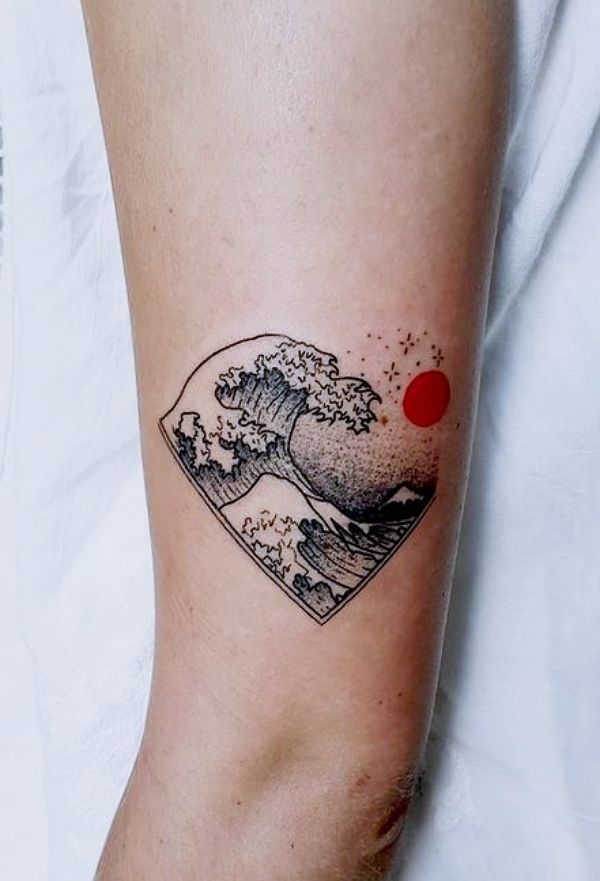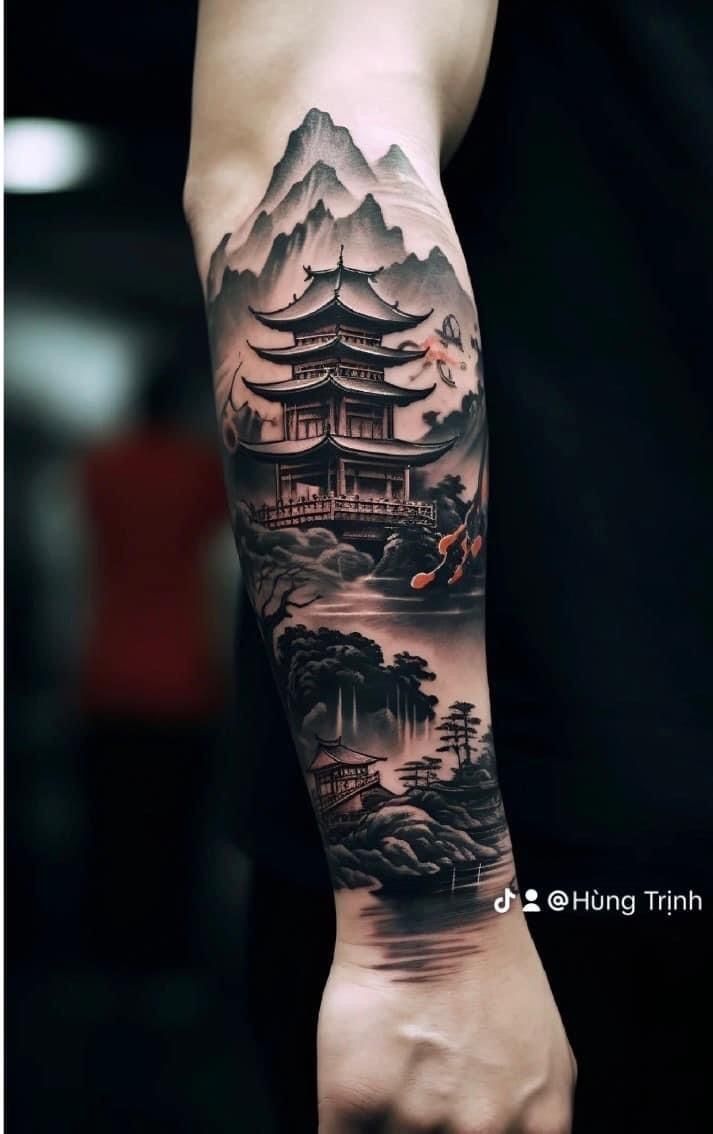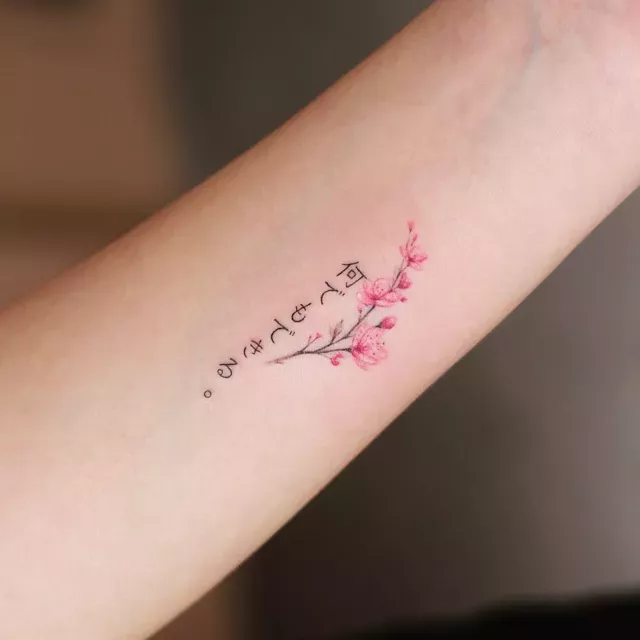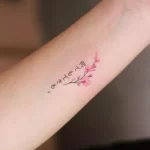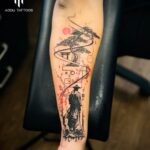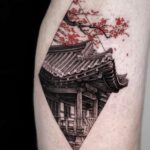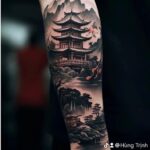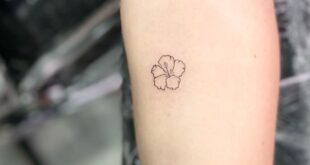Tattoo culture in Japan has a rich and colorful history that dates back centuries. While tattoos have become increasingly popular around the world in recent years, the art of tattooing has been practiced in Japan for hundreds of years and holds deep cultural and spiritual significance.
In traditional Japanese culture, tattoos were often associated with criminal activity and were seen as a sign of rebellion or nonconformity. In the Edo period (1603-1868), criminals were often branded with tattoos as a form of punishment, leading to the association of tattoos with the criminal underworld.
Despite this negative perception, tattooing also played a significant role in Japanese society. In the early 18th century, tattoos began to be used for decorative purposes, with elaborate designs representing bravery, strength, and status. These decorative tattoos, known as irezumi, were often worn by warriors, firefighters, and kabuki actors as a symbol of their strength and courage.
Today, the art of tattooing in Japan has evolved into a unique and distinctive style that has gained popularity worldwide. Japanese tattoo artists are renowned for their intricate and detailed designs, often featuring traditional motifs such as dragons, koi fish, cherry blossoms, and peonies.
One of the most famous forms of Japanese tattooing is the traditional full-body suit, known as a bodysuit or horimono. These elaborate tattoos cover the entire body, from the neck to the ankles, and can take years to complete. Each design is carefully crafted to flow seamlessly from one part of the body to the next, creating a stunning visual effect.
Despite its popularity, tattoos in Japan are still often associated with the yakuza, the Japanese organized crime syndicate. As a result, there is a social stigma attached to tattoos in Japan, and many public places such as hot springs, gyms, and public pools prohibit people with tattoos from entering.
However, attitudes towards tattoos in Japan are slowly changing, with a growing number of young people embracing tattoo culture as a form of self-expression and personal style. In recent years, there has been a resurgence of interest in traditional Japanese tattooing, with more and more people seeking out skilled tattoo artists to create custom designs that reflect their individuality.
In conclusion, tattoo culture in Japan is a complex and fascinating phenomenon that has evolved over centuries. While tattoos may still carry a certain stigma in Japanese society, the art of tattooing continues to thrive, with skilled artists creating stunning designs that blend traditional Japanese motifs with modern techniques. As attitudes towards tattoos continue to shift, the future of tattoo culture in Japan looks bright and promising.
 innstyled Tattoo Ideas
innstyled Tattoo Ideas
